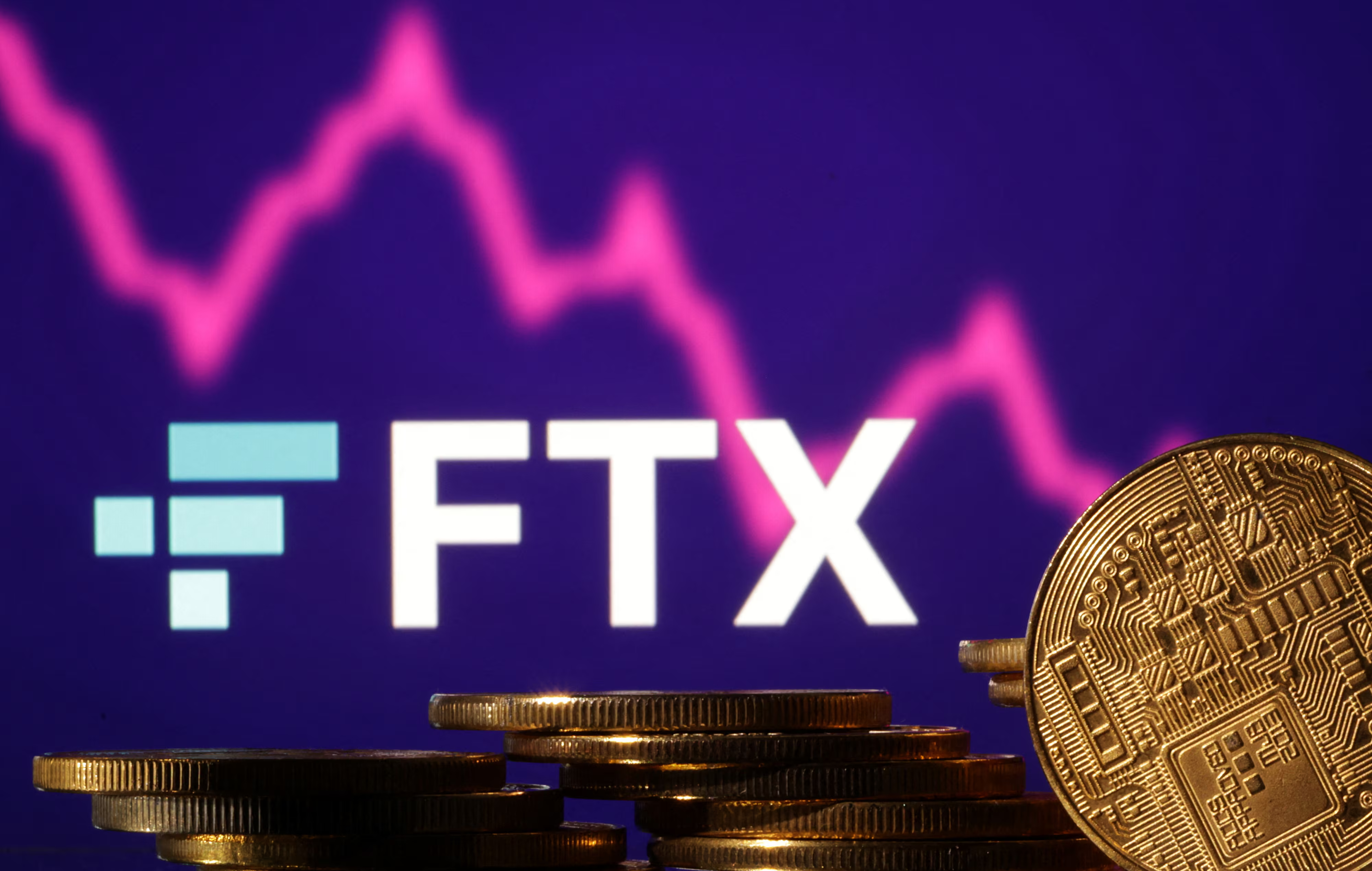In an insightful post from Kadan Stadelmann, the CTO of Komodo Blockchain, a significant issue surrounding the world of Bitcoin is brought to the forefront. The matter at hand is the centralization of Bitcoin mining, a concern that could potentially undermine the foundational principles of Bitcoin. However, a figure like former President Donald Trump could, unintentionally, become a pivotal player in maintaining the decentralization of Bitcoin through his ambitious energy policies.
The concentration of Bitcoin mining operations has increasingly become a subject of discussion within the cryptocurrency community. A substantial portion of Bitcoin’s mining activity, predominantly through mining pools, has been localized in China. These pools account for an estimated 54% of the global Bitcoin hashrate, a dominance facilitated by the nation’s lower electricity costs and developed infrastructure. Despite reports to the contrary, China’s grip on Bitcoin mining remains unyielding, casting a shadow over the decentralized vision of digital currency.
Mining pools are conglomerates of individual miners pooling their resources to mine Bitcoin blocks, thereby sharing the rewards. This method is favored as it reduces the cost of mining, makes the process more efficient, and significantly enhances the odds of mining a new block. However, this convenience has led to a narrowing field of entities controlling a vast portion of Bitcoin’s mining capabilities. Notably, just a couple of mining pools, USA Foundry and Antpool, are now responsible for nearly half of Bitcoin’s hashing power.
This concentration of mining power poses a direct threat to the integrity and security of Bitcoin. Theoretically, if these mining pools were to collude, they could exert unprecedented control over the Bitcoin network, influencing transaction processing and potentially freezing transactions, akin to traditional banking systems Bitcoin aims to replace.
Centralized Mining A Real Threat
The concerns don’t stop there. A closer look into the practices of these dominant pools reveals a homogenized approach to mining. Pools like Btc.com, Binance Pool, and Poolin, among others, utilize identical block templates for transaction selection and ordering. This standardization signals a move towards uniformity that further threatens the decentralized ethos of Bitcoin. Such practices could lead to the exclusion of specific types of transactions, undermining the open and unbiased nature of Bitcoin.
To counter this, miners should have the liberty to select their block template policies, thus maintaining a diversified approach to transaction processing. This diversity is crucial for the decentralization of mining activities, ensuring no single entity can dictate the terms of Bitcoin’s operation.
Trump Attractive To Miners
Enter Donald Trump, with his bold declarations to cut energy prices significantly. In a speech in Asheville, North Carolina, Trump promised to halve energy and electricity prices inside his first year in office. His vision extended to the Bitcoin 2024 conference in Nashville, where he ambitiously stated his plans to double the United States’ electricity output, positioning it as a dominant force in the mining sector.
His strategy involves leaning heavily on fossil fuels, building power plants at mining sites, and cutting through what he terms as “ridiculous requirements.” Trump believes that by creating an environment of cheap electricity in the U.S., he can dismantle the current centralized mining operations, particularly those based in China, and democratize the mining process.
The former president’s plans could see the U.S. fostering a competitive edge in the mining industry. Lower energy costs would not only attract more miners but could also lead to a diversification of mining operations, thus diluting the concentrated mining power that currently exists. Additionally, by tapping into the U.S.’s vast energy resources, Trump’s policy could inadvertently aid in achieving sustainability goals by enabling the production of cleaner energy.
The decentralization of Bitcoin mining would strengthen its security, making it less vulnerable to attacks, such as the feared 51% attack. With an increase in the number of miners and mining pools, powered by affordable energy, the U.S. could usher in a new era of blockchain technology, ensuring the foundational principles of Bitcoin remain intact.
As we ponder the future of Bitcoin and the broader crypto market, these considerations highlight the intricate interplay between energy policies, geopolitical dynamics, and the ever-evolving landscape of digital currencies. Should Trump’s vision come to fruition, the shift towards decentralized mining could serve as a watershed moment in the history of Bitcoin, ensuring its resilience against centralization threats. For more insights and trending news articles in the realm of digital finance, visit DeFi Daily News.
In conclusion, while Trump’s energy policies might seem tangential to the core objectives of Bitcoin, they could inadvertently become the catalyst for a renewed push towards decentralization. By potentially lowering the barriers to entry for new miners and disrupting the current concentrations of mining power, Trump’s influence could extend far beyond traditional politics, touching the very heart of Bitcoin’s decentralized ethos. The unfolding of these events will undoubtedly be entertaining to watch, as the intersection of energy policy, technology, and digital currency promises to write a new chapter in the annals of Bitcoin’s storied existence.


















